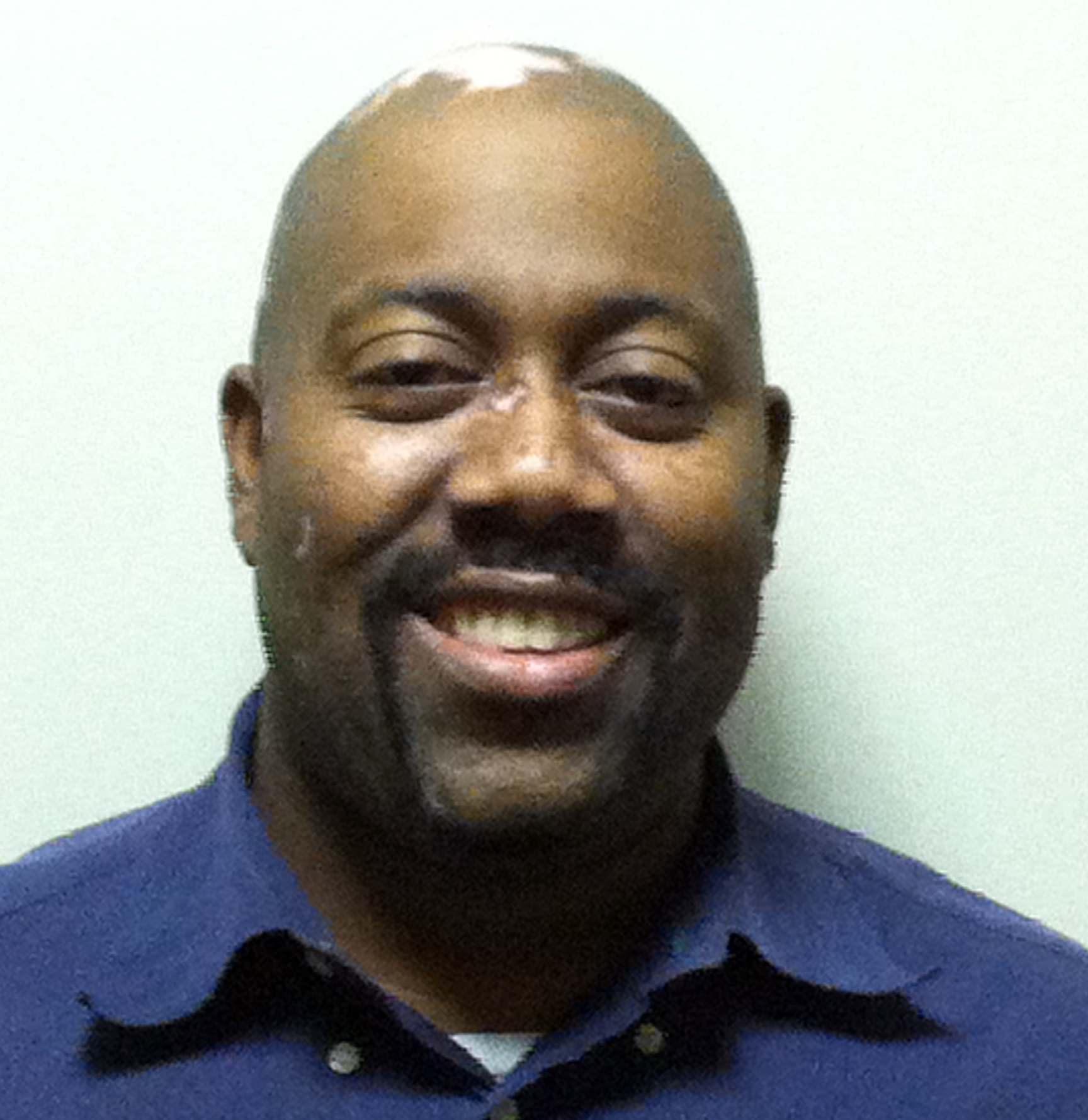Non-traditional student reaches goal, graduates
Many non-traditional students return to school later in life, recognizing the benefit of a college degree in advancing their career.
Still, others have an even deeper epiphany, a moment when they realize just how poorly life has turned out without the benefit of an education. Such was the case for senior James Houston, 31, who will be graduating with a systems engineering degree from the University of Arkansas at Little Rock this December.
 Several years ago, Houston was living in Dallas and struggling to make ends meet even though he was working two jobs at the time. He had been married less than a year when he and his wife received an eviction notice for failing to keep up with their rent.
Several years ago, Houston was living in Dallas and struggling to make ends meet even though he was working two jobs at the time. He had been married less than a year when he and his wife received an eviction notice for failing to keep up with their rent.
The kitchen cabinet had two items left in it – marshmallows and a can of spinach.
“That was probably my moment of clarity,” he said. “It’s pretty bad when the most you have to eat is marshmallows and spinach.”
Houston relocated to Arkansas to be closer to his parents and eventually enrolled at UALR in the fall of 2008. Although he continued to support his wife and growing family by working up to three jobs at a time, he never lost sight of his ultimate goal of getting an education.
“I walked around with cue cards tied around my neck, so I could study anytime and anywhere I had the chance,” he said with a laugh.
Another challenge facing Houston was a condition known as lupus, a chronic inflammatory disease that occurs when the body’s immune system attacks tissues and organs. Houston went six months without taking his prescribed medications because he couldn’t afford them.
“School was that important to me,” he said. “I did have spells, but honestly being sick was just something I had to put off. It’s kind of that mind over matter thing.”
“As a non-traditional student, James embodies the perseverance necessary for our students to succeed,” said Vernard Henley, director of educational outreach and diversity in the George W. Donaghey College of Engineering and Information Technology.
Houston joined the McNair Scholars program, a federal program designed to support students from disadvantaged backgrounds, and was soon presenting his research at regional conferences and the Arkansas Louis Stokes Alliance for Minority Participation.
In June 2012, Houston presented his research on how jet engines can heat de-icing fluid as they taxi down the runway. It secured him a second place win at the 18th annual Southeastern Association of Educational Opportunity Program Personnel McNair/Student Support Services Research Conference.
In addition to being a systems engineering major, Houton minored in both math and geographic information science. Today he is fielding job opportunities that could potentially land in the $70,000 range.
“It kind of takes your breath away,” said Houston. “That’s a long way from marshmallows and spinach.”